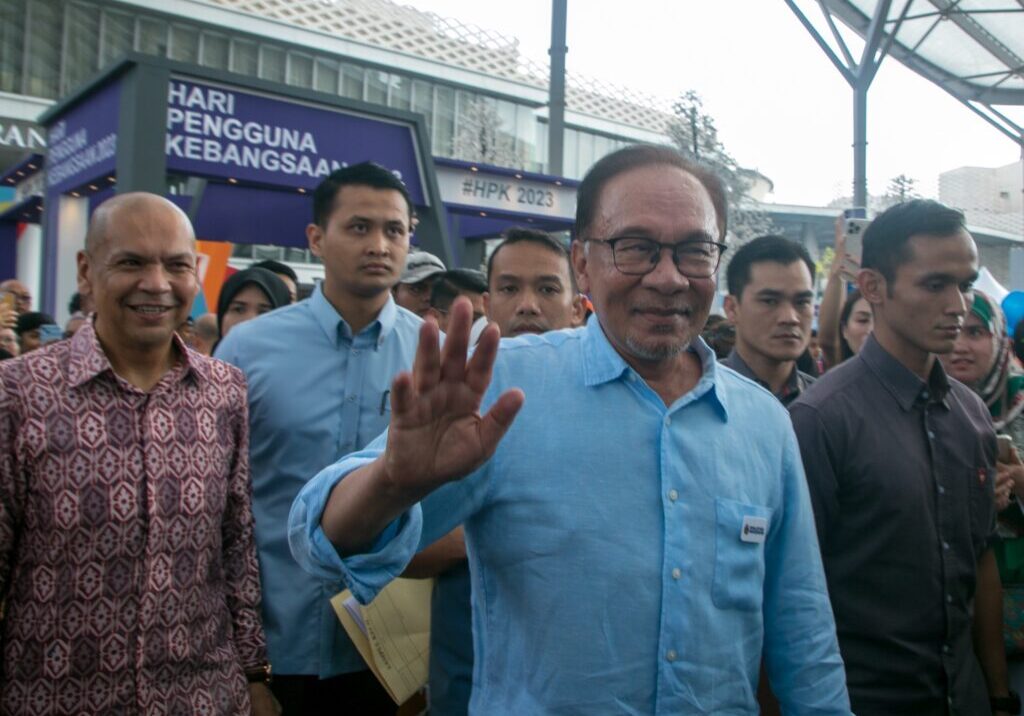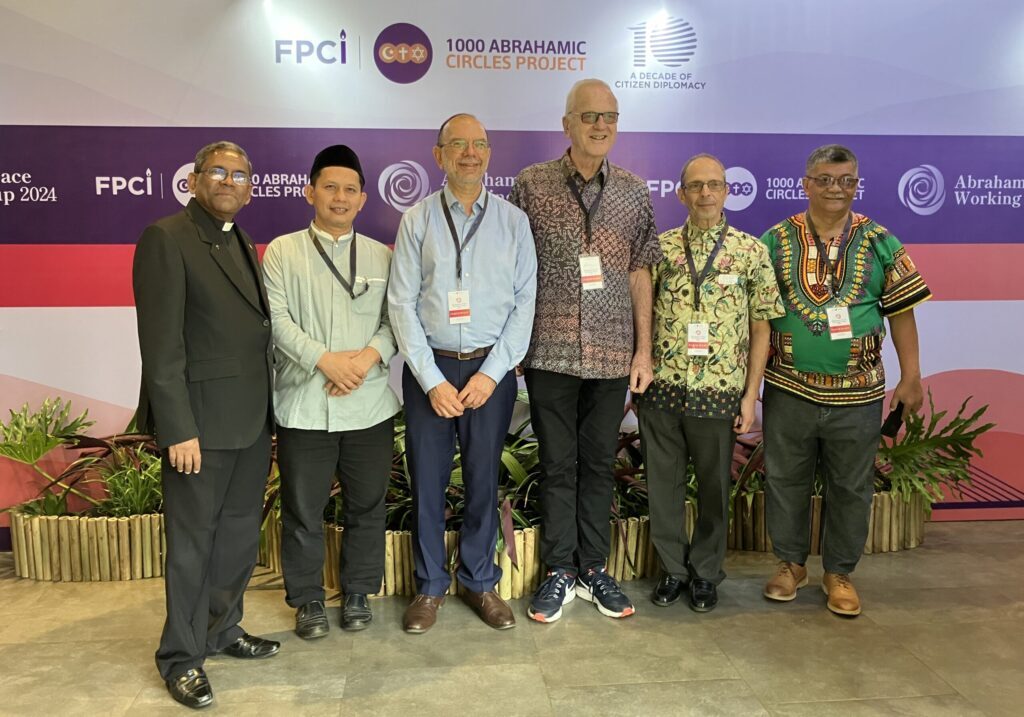Australia/Israel Review
Asia Watch: Strings Attached
Mar 31, 2017 | Michael Shannon

Michael Shannon
The arrival in Kuala Lumpur of Saudi King Salman and his delegation – an entourage of some 1,500 princes, ministers, officials, businessmen and security personnel, plus hundreds of tonnes of cargo to support a caravan of six jumbo jets – rendered such a spectacle that little room was left to ponder its significance.
For the Saudis, it was another leg in an Asian swing that took in official visits to Indonesia, Japan and China. But there was a serious purpose. The desert kingdom needs friends in Asia to buttress both its economic and strategic position, threatened by the rivalry with Iran, being played out by surrogate wars in Yemen and Iraq/Syria, and declining revenues for a state that currently needs an oil price of US$70 a barrel for its budget to break even, and stabilise its foreign exchange reserves.
The Saudis badly need investment in the growing and relatively stable countries of Asia, so oil and gas deals between the Saudi giant Aramco and Malaysia’s Petronas make sense for both parties.
On the Iran question, Malaysia has already placed itself on the Saudi side by sending its Royal Air Force Hercules transport aircraft to provide logistical support for the Saudi war against the Houthi rebels in Yemen – a group backed by Iran but which has its roots in Yemen’s internal politics.
The quid pro quo may well be Saudi help for Prime Minister Najib Razak over the scandal-ridden state investment fund 1Malaysia Development Bhd (1MDB), a supposed “gift” of US$681 million deposited in Najib’s personal account. According to US Federal prosecutors investigating allegations of massive kleptocracy in Malaysia, the funds are more likely to have been creamed from 1MDB coffers.
The Saudis also find common cause with Malaysia’s intolerance of different interpretations of Islam. Despite being a multi-ethnic democracy, Malaysia adheres to a conservative line where Malays are all deemed to be Muslims whether they want to be or not, Shi’ite and other non-Sunni sects are banned and Sunni Islam is subject to the interpretation of state-appointed officials.
Malaysia is also being rewarded with additional scholarships to study in Saudi Arabia. Given the high level of tertiary education in Malaysia, offers to study in Saudi Arabia are widely seen as furthering indoctrination in its interpretation of Islam.
Malaysia is not without voices that criticise the creeping encroachment of Middle Eastern mores, such as the Sultan of Johor, who has attacked the use of Arabic words and dress codes in place of traditional Malay ones, but political considerations indicate that this trend will likely continue.
Of course, the United Malays National Organisation (UMNO), the long-dominant party of the ruling coalition, has always appealed to Islam to consolidate the Malay majority vis-a-vis its ethnic minority political rivals. This has intensified since the 1980s with the increasing influence of Salafism, a conservative, puritanical movement within Sunni Islam originating in 19th century Arabia.
Many of the Islamic scholars associated with Salafism have since joined UMNO, providing the party legitimacy among Muslim voters and grounds to compete with the opposition Pan-Malaysian Islamic Party (PAS), a more conservative party with a strong following in the Malay rural heartlands.
Last year, UMNO even managed to use PAS’s support for the introduction of Islamic criminal punishments in Kelantan state as a wedge that destroyed the Opposition as a political force. UMNO’s sudden support for PAS’s long-desired bill was the main factor behind the opposition coalition’s collapse, after its non-Islamic parties opposed the motion. PAS later splintered, with a number of its members forming the National Trust Party (PAN), allowing UMNO to win two important by-elections and position itself for a strong showing at general elections expected in 2018, in spite of PM Najib’s scandal-plagued term.
There is a sinister side to these undercurrents. The well-organised kidnapping of a Chinese Christian pastor, Raymond Koh on February 13 in the middle of Petaling Jaya, a suburb of Kuala Lumpur, appears to be driven by his open and public Christianity. His disappearance and the lack of any news or ransom demand suggest he has likely been killed and his body disposed of.
Witnesses and a video posted online show Koh’s car turning off a highway as three black SUVs surrounded it and forced it to a stop. At least eight masked men in black emerged from the SUVs, holding up traffic while seizing Koh and bundling him into one of the vehicles.
Incredibly, the entire operation of less than a minute took place just 100 metres from a police complex. Despite the witnesses and video evidence, the police have made no progress either in identifying the kidnappers or tracing the victim.
By all accounts, Koh was a humanitarian committed to helping the less fortunate and the marginalised. The only controversy he courted was in 2011 when his work attracted the attention of the Selangor Islamic Department (JAIS). A Thanksgiving dinner organised by Koh to thank supporters was raided by JAIS under the pretext the event was being used to proselytise Muslims to Christianity, an illegal act in Malaysia. This accusation proved to be false.
Soon after the raid, Koh received a bullet mailed to his home.






